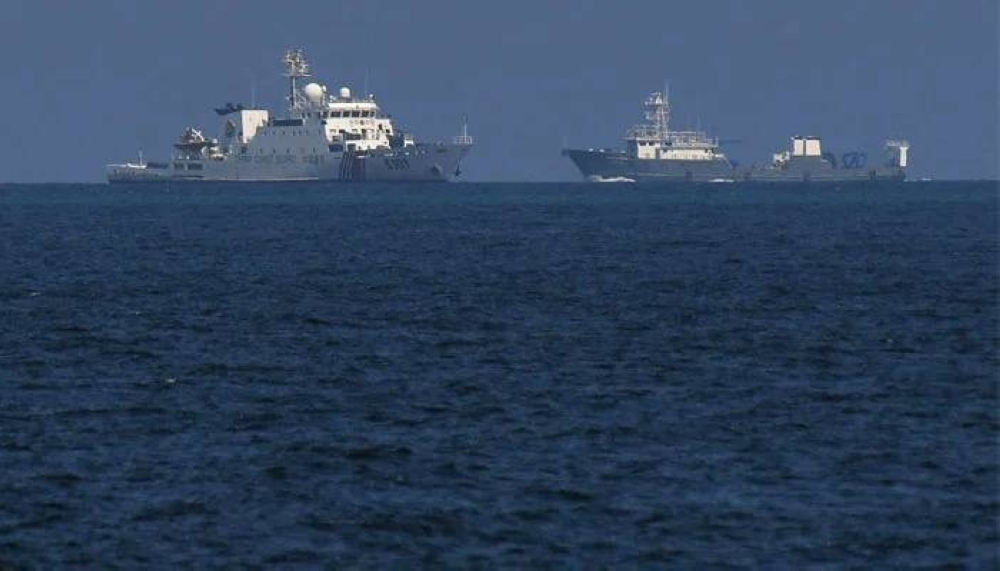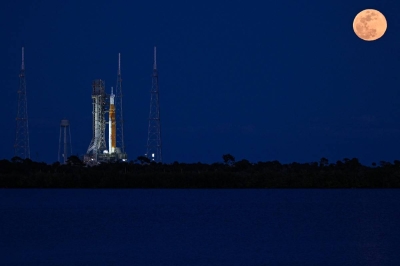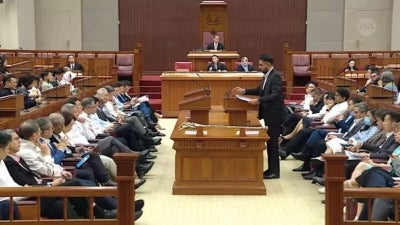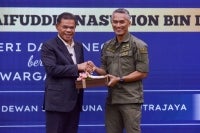Nego on code of conduct in South China Sea not easy, says the Philippines
28 Jun 2023 10:18pm

All 10 nations of Asean as well as China agree that there is a need to come up with a code of conduct, but the discussions to conclude it present challenges, said Enrique Manalo, secretary of foreign affairs of the Philippines. - AFP PIX
The COC aims to create a basis for cooperation to maintain peace and stability in the South China Sea (SCS), where China and several members of the Association of Southeast Asian Nations (Asean), including Malaysia, Indonesia and the Philippines, have territorial disputes and competing claims.
All 10 nations of Asean as well as China agree that there is a need to come up with a code of conduct, but the discussions to conclude it present challenges, said Enrique Manalo, secretary of foreign affairs of the Philippines.
These negotiations are not "necessarily between Asean and China, but negotiations among 11 countries," he said.
"So you can imagine the complexities," he added.
Manalo was responding to questions after delivering a lecture at the Indian Council of World Affairs (ICWA) think-tank in the Indian capital.
"Negotiations have been going on for the past four or five years, and I think we still have some way to go for a number of reasons," he said.
Manalo said although Asean has agreement on "the broad contours" of the proposed framework, difficulties arise "when we get to the specifics", which are of a technical nature.
"On the political level, China and all the ASEAN countries are committed to pursue the negotiations on an effective and substantive code of conduct," he said.
Referring to the issues that need to be resolved, Manalo said: "We may not be seeing the light at the end of the tunnel but we see the tunnel."
The Philippine foreign minister described the South China Sea situation as "a major challenge in our relationship" with China but stressed that it is "not the sum total of our relationship", pointing out their strong economic and cultural ties.
The Philippines in 2013 had filed a case with the Permanent Court of Arbitration in the Hague over its maritime dispute with China and received a ruling in its favour in 2016.
While China does not recognise the international ruling, Manalo asserted: "The arbitral award is final and is binding."
He called it a judgment on China's "nine-dash line", which Beijing uses to lay claim over almost the entire South China Sea.
The Philippine foreign minister also addressed China's concerns over the growing military cooperation between the Philippines and the United States.
The Philippines recently identified four new military bases to which the United States will get access as part of their Enhanced Defense Cooperation Arrangement (EDCA) of 2014. It raised the number of bases the US can use to rotate its troops throughout the Philippines to nine.
Three of them are on the main island of Luzon and one in Palawan province in the South China Sea.
Manalo said his country and the US have a treaty alliance as well as additional security arrangements, but lamented that these days things are increasingly looked at in the context of US-China rivalry.
"What we have consistently stated is that these activities and actions that we are taking are purely within the context of our mutual defence treaty and in accordance with our bilateral and national interests and not in the context of any US-China competition," Manalo said.
The minister also said his country is looking at boosting defence relations with India and potential weapons deals.
"We certainly hope to develop very robust defence cooperation arrangements with India," he said. -Bernama
Download Sinar Daily application.Click Here!














